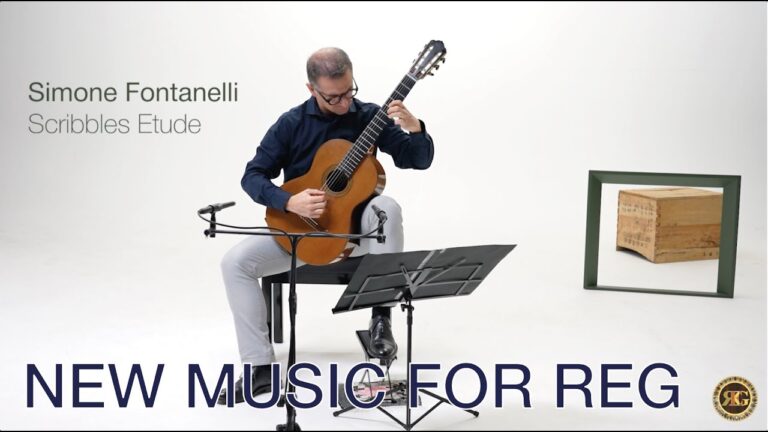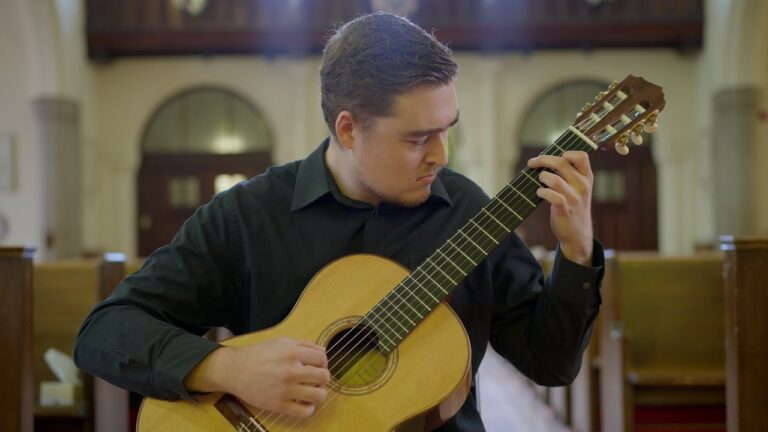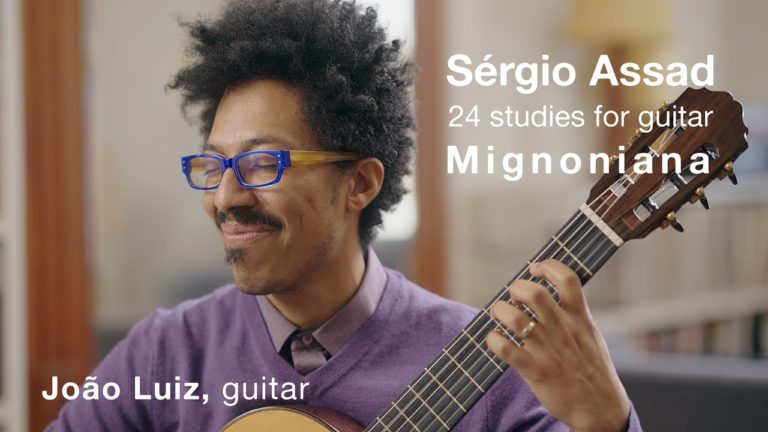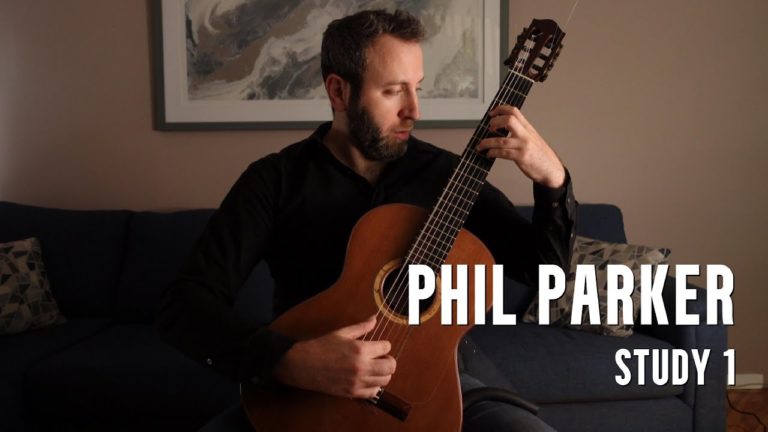This is a guest post by composer Michael Karmon
Commissioning a new guitar piece can be a wonderful thing. If you’re a player, you can have a piece tailored to your musical personality and strengths. If you’re a fan of the instrument, you can be the catalyst in creating new repertoire, which helps keep the classical guitar alive and relevant. And you never know, you might just commission the next big hit. Here are a few things to think about before you take the next step.
Guitarist Or Non-Guitarist
The guitar is a finicky and unforgiving instrument, and composing for it is very tricky. So if you commission a guitarist/composer you’re more likely to get music that sits nicely on the instrument. I recommend seeking out someone with significant experience or training as a composer. If you choose a guitarist that just dabbles in composition you’re more likely to get music that employs familiar patterns and sounds and feels too “guitarish.”
Working with a non-guitarist is riskier, but it’s easier to find such a composer. You will likely have to do some editing, and even then the piece may still be awkward to play. If you go this route, try to find someone who at least has a rudimentary understanding of how the classical guitar works, especially the right hand. And be sure to demonstrate the instrument and offer to play through sketches and rough drafts. What the guitar can and can’t do often dictates how the composition unfolds, so being available to consult in the early stages of writing can be the difference between success and failure.
Whichever path you take, be sure to listen and play through as much of the composer’s music as you can.
To Pay Or Not To Pay
If you’re unable or unwilling to pay a commissioning fee you will likely have to work with a student or a composer fresh out of school. There’s nothing wrong with this approach, but lack of experience can result in less effective music. Young composers are also prone to flexing their musical muscles, so you may get overwritten passages that will require some editing. But it’s free, and the composer is likely to be enthusiastic, energetic, and generous.
If you can pay you have more choices, and you can approach a more seasoned composer. (Commissioning fees vary widely, and one composer might charge a tenth of what another charges. You just have to inquire.) With experience comes more control over the music, and a clearer sense of a distinct musical personality. The music has a better chance of being polished and effective, and the whole process is likely to be easier and smoother.
Think of this as the difference between a student guitar and a professional model. A student guitar is fine up to a point, but there comes a time when you’ve got to go with a pro.
Hands On Or Hands Off
In general, you’re more likely to get a better, more freely musical piece if you give the composer space to be creative. Let them follow their own process and do their thing. Ask what information the composer needs from you. Some will want lots of details about what kind of piece you would like, while others will ask for virtually nothing. There’s definitely a leap of faith involved in commissioning music, but if you do your research and choose a compatible composer, trust should come easily.
If you want a specific kind of piece, like an arrangement or music for a specific occasion, be sure to mention this early on. Some composers are more comfortable with this kind of commission than others.
What If It’s Terrible?
Keep in mind that writing good music is vanishingly difficult. Even Bach and Mozart didn’t do it every single time. If you feel there are problems with the new piece try to find the exact point at which the music starts to fall apart. Then try to figure out the reason: does it have to do with texture, harmony, the flow of the music, a technique issue, lack of thematic interest, a problem with continuity, etc. You should avoid trying to fix the music yourself. Instead, voice your concerns as clearly as you can and give the composer a chance to make you happy.
Biography of Michael Karmon:
The classical guitar is featured in all my recent music, and I’ve written for some very fine players, among them Martha Masters, Denis Azabagic, Joe Hagedorn, Michael Partington, Daniel Bolshoy, Newman and Oltman Guitar Duo, and Duo46. I’ve won various awards and fellowships over the years, and my music continues to be performed around the world. It is recorded on the MSR, Cedille, Brioso, and PBF labels.
I was born in the US in 1969, but I spent my formative years in Israel and returned here in 1986. I’ve performed extensively as a guitarist in several styles and with a variety of ensembles, but I now compose exclusively. I have a doctorate in composition/music-theory from the University of Minnesota, and now live in California with my wife and twin sons.
Learn more about Michael Karmon at his website: michaelkarmon.com
Cavatina Duo performs Jovano, Jovanke by Michael Karmon
[The video quality isn’t great but I love this piece! – Bradford]





